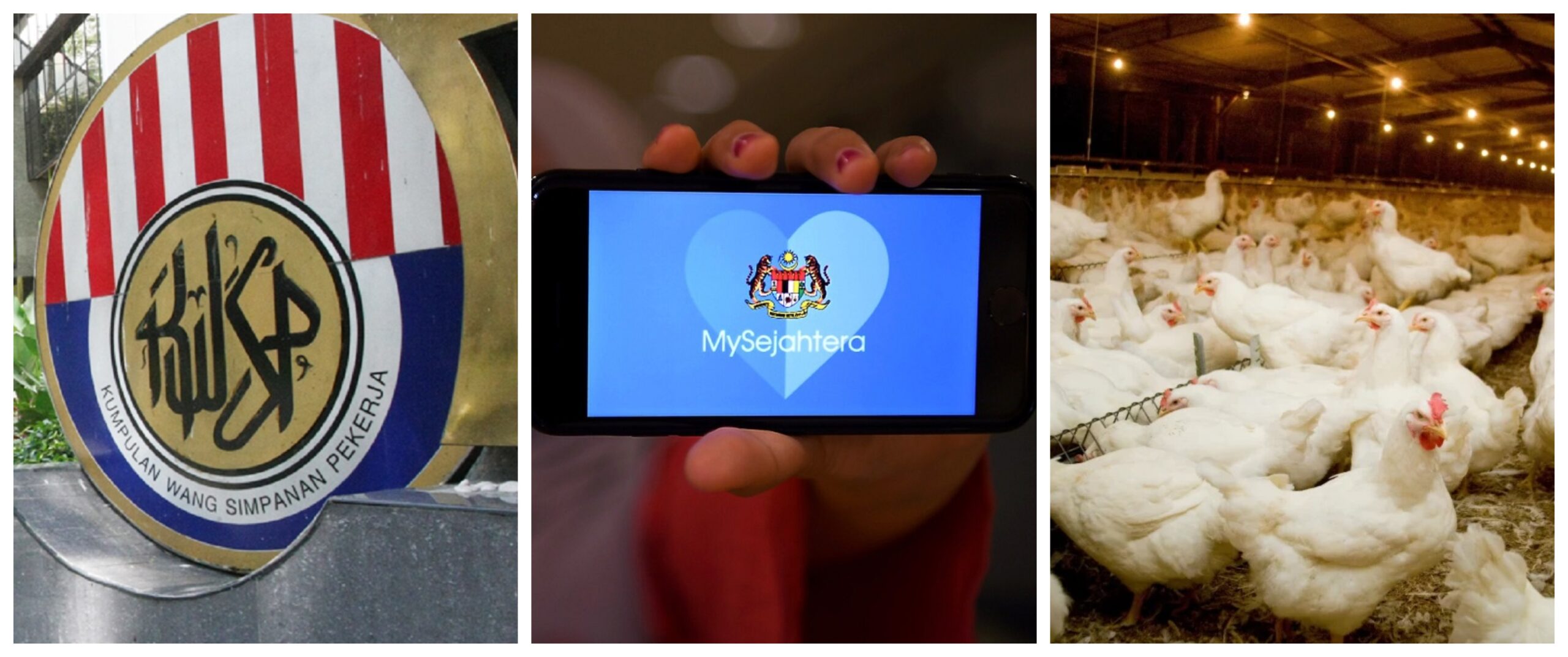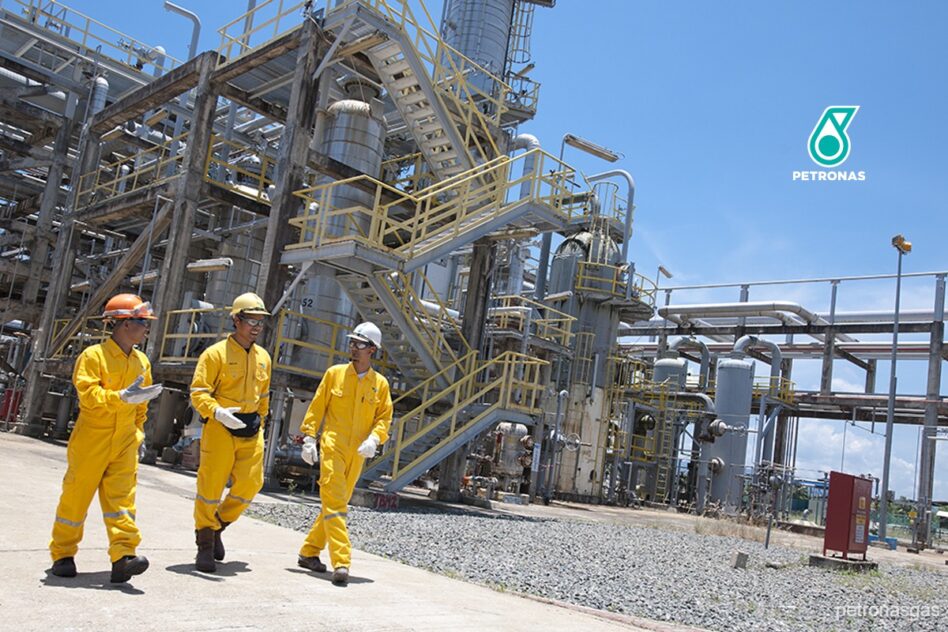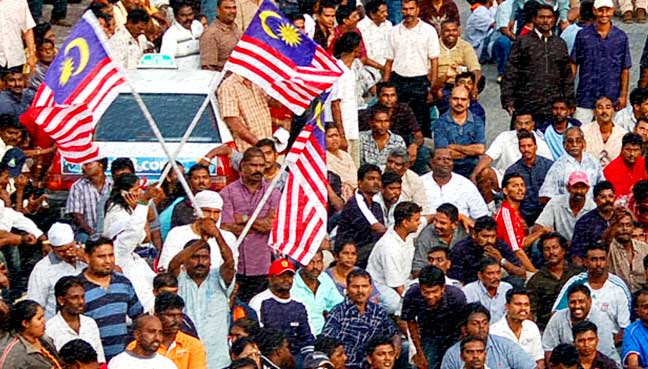WHILE vibrant discussion is ongoing on the forthcoming 15th general election (GE15), political party leaderships and the relationship between the ruling coalition and the opposition (memorandum of understanding [MoU]), debate surrounding political economy and the long-term consequences of implemented policies seem to be lacking.
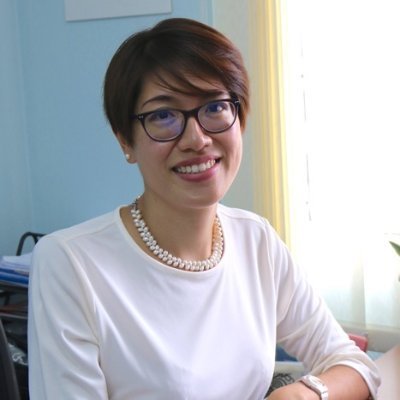
This is worrisome to the Institute for Democracy and Economic Affairs (IDEAS) and the Centre for Market Education (CME) given policy decisions affecting the lives of the people both in the short and long run are being made without a proper and healthy debate between the ruling and opposition coalitions.
CEOs of the two think tanks, namely Tricia Yeoh and Carmelo Ferlito, have jointly highlighted three economic policy decisions that have been made, announced and implemented without proper debate and without a sober reflection on the long-term potential negative unintended consequences.
- The recent Employees Provident Fund (EPF) withdrawal that has depleted RM40 bil of the retirement fund in an instant, putting at risk the future financial stability and retirement of poorer households.
- The shoddy management of MySejahtera which has placed a massive amount of data in the hands of Government that can be potentially misused and that has therefore further lowered public trust in government institutions.
- The chicken price ceiling which may have a negative incentive towards supply.
“Other recent economic policy decisions are the Antigen Rapid Test Kit (RTK) price ceiling and minimum wage revision; all of the above policies require meaningful public debate and rigorous engagement with the relevant stakeholders,” Yeoh and Ferlito pointed out in a media statement.
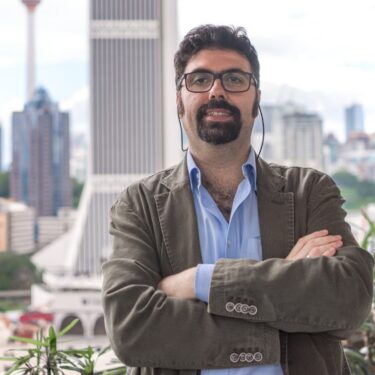
“We urge the return of policy debate that we believe crucial to key economic decision-making processes in the immediate future.”
Both Yeoh and Ferlito also noted that their view is by no means a reflection of their stance on the above-mentioned issues, but merely to stress how these important decisions cannot be made in the context of an emergency and without a proper debate.
“By always acting in response to an emergency, structural reforms are not addressed; furthermore, avoiding a reflection on the long-term unintended consequences means compromising Malaysia’s growth path and shifting the costs of these decisions to future generations,” they justified.
“In conclusion, IDEAS and CME invite all the political parties to increase their level of engagement with economic policy decisions so that better choices for the welfare of the rakyat can be taken and the economic growth process can be placed on solid foundations.” – April 27, 2022


